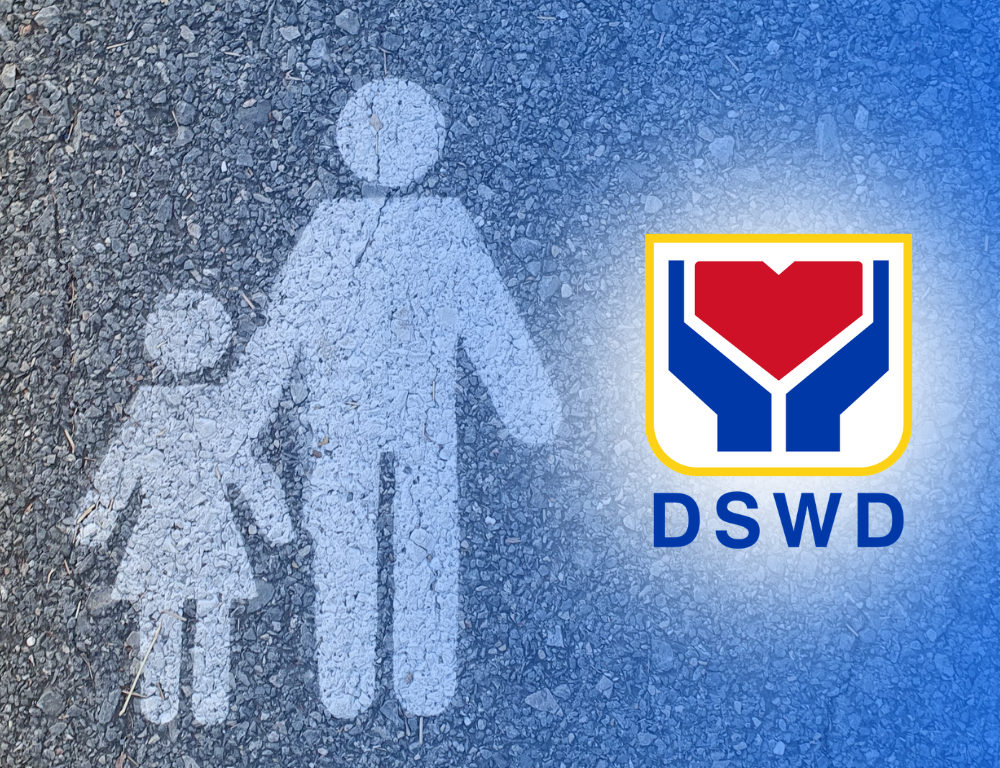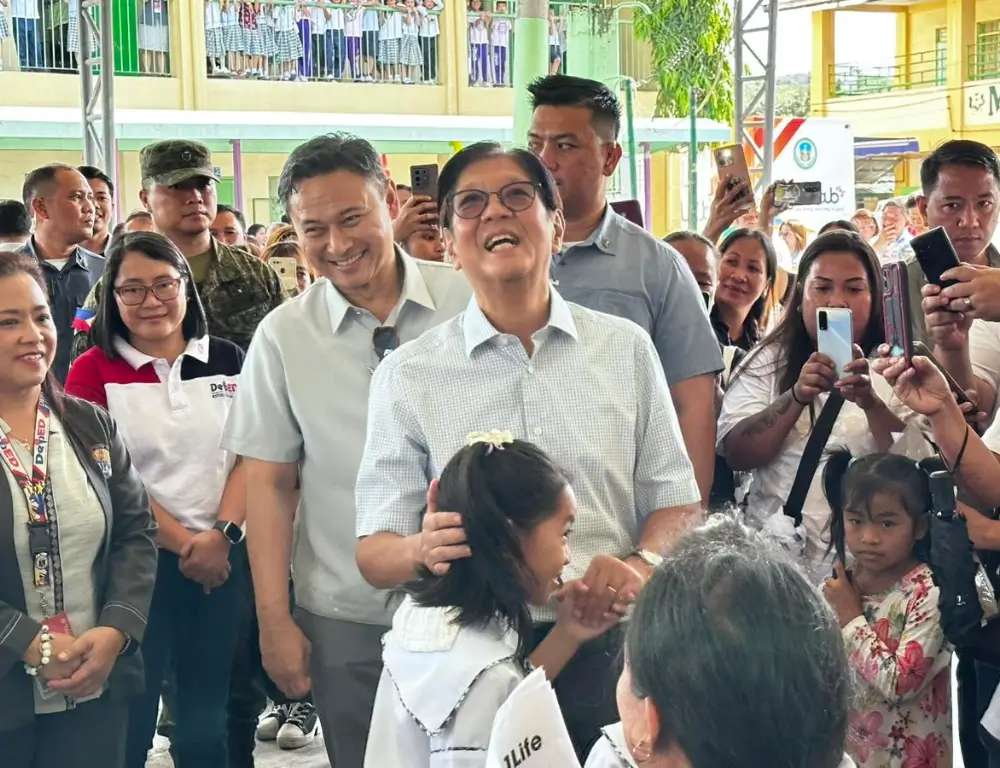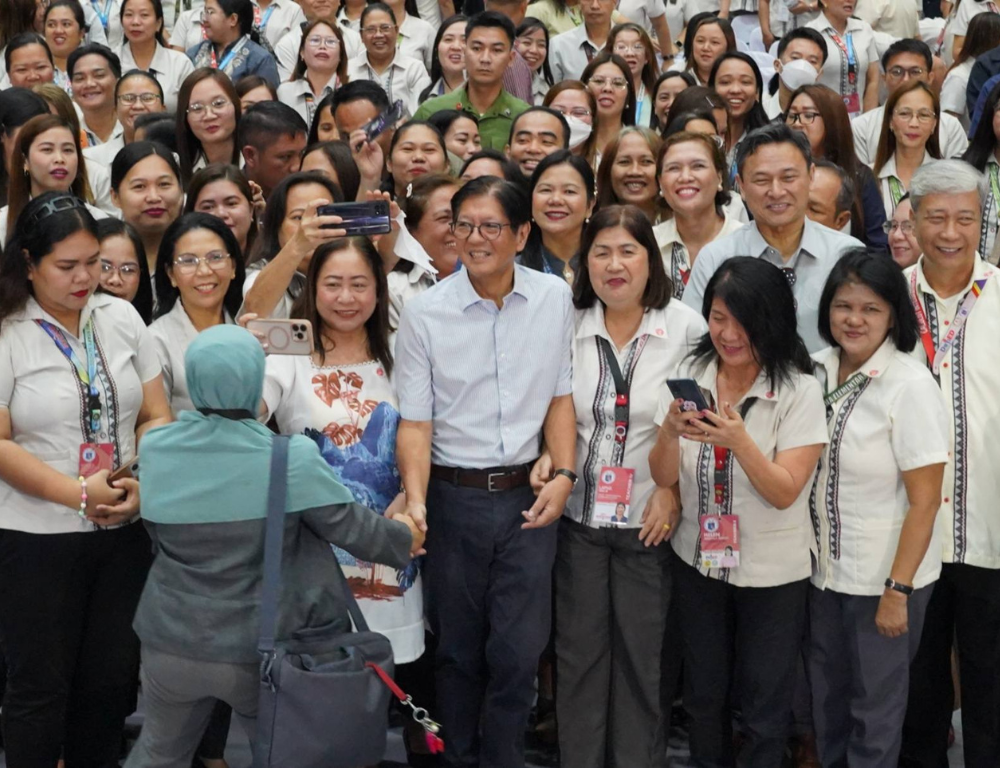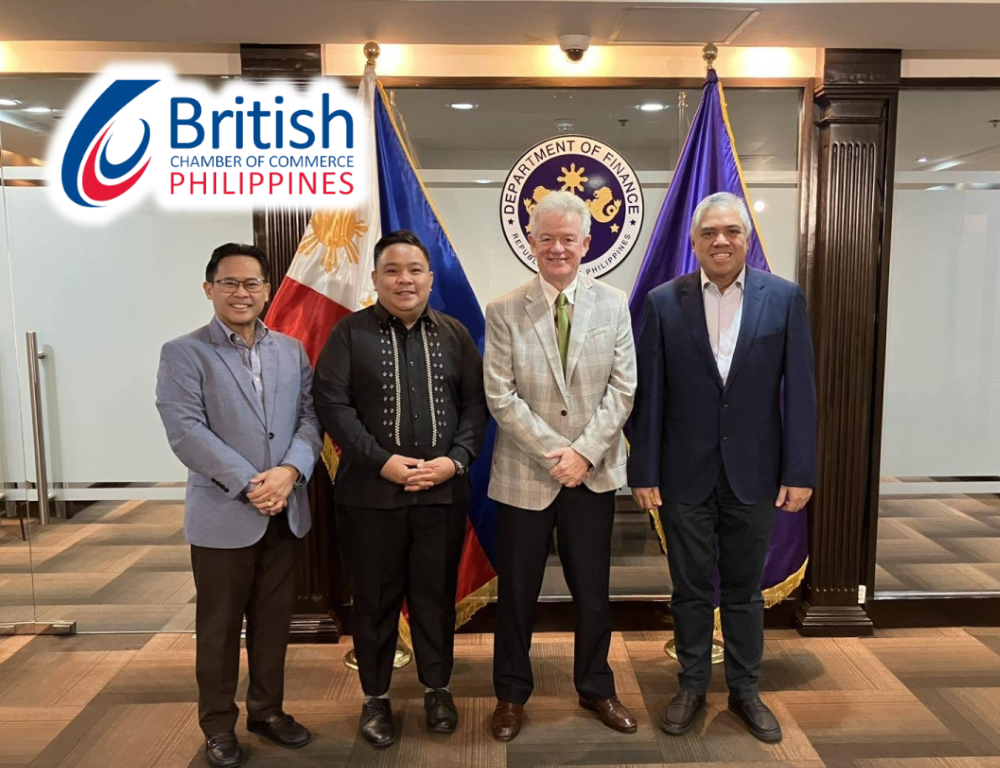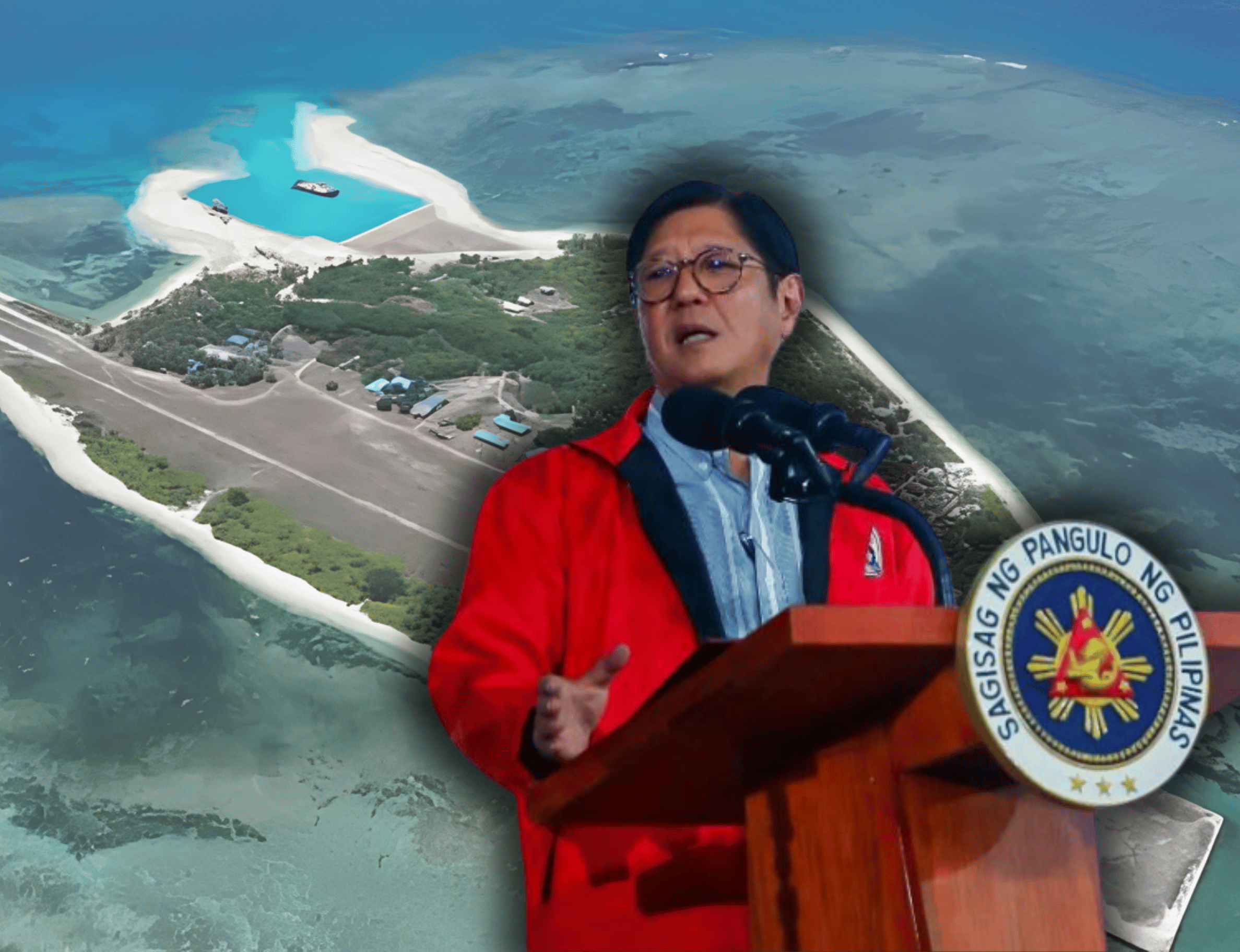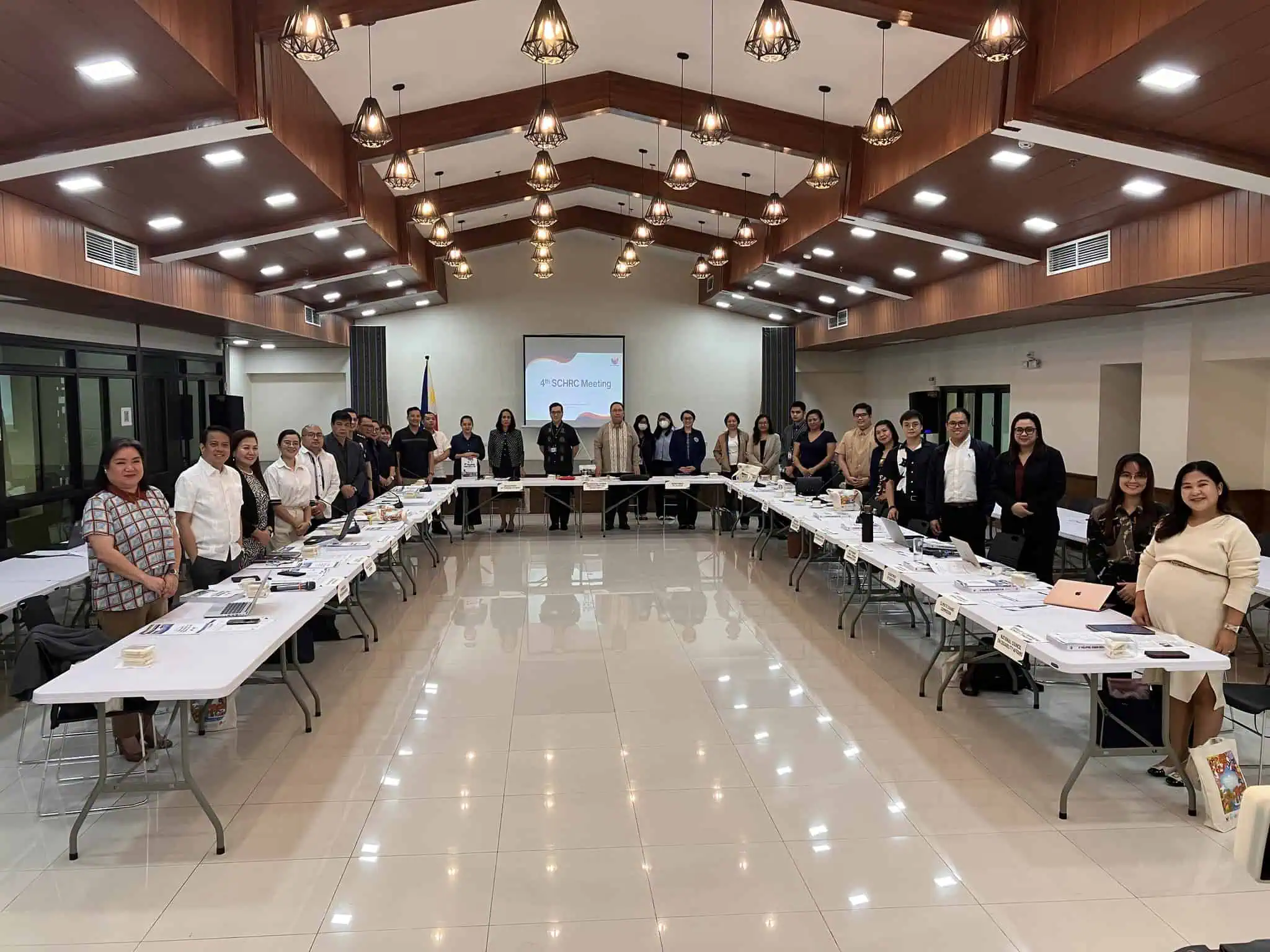
The Marcos administration’s human rights efforts remain on track. This was affirmed at the 4th meeting of the Philippines’ Special Committee on Human Rights Coordination (SCHRC).
The Committee is chaired by Executive Secretary Lucas Bersamin pursuant to Administrative Order No. 22, series of 2024.
Undersecretary Severo Catura, executive director of the Presidential Human Rights Committee Secretariat, presided over the said meeting held on October 8 at the Department of Migrant Workers (DMW) regional office conference hall in Makati City. Said activity was attended by senior officials from various SCHRC member-agencies of the Executive department.
In keeping with its mandate to integrate and harmonize all human rights-related programs and projects of the government, the Committee discussed significant achievements in human rights protection and promotion across member agencies.
“These are key developments in domestic reforms and institutional strengthening that demonstrate the government’s commitment to advance human rights in the country,’ Catura explained. He further clarified that much of the developments are focused on the programs and projects under previous undertakings with the United Nations and with the current Fourth Philippine Human Rights Plan (PHRP4).
The Department of Justice reported major strides in accountability and justice, training over 600 human rights personnel and efficiently processing records of more than 25,000 persons deprived of liberty to significantly advance jail decongestion.
The DMW highlighted key reforms for migrant workers, including successfully advocating for an increase in the minimum monthly wage for domestic workers to $500, and aggressively tackling trafficking by working with tech partners to achieve a 92.15% takedown rate of 49,041 illegal recruitment posts.
The Department of Foreign Affairs amplified the country’s global voice as the Philippines led the adoption of the Manila Declaration on Seafarers’ Human Rights and securing the country’s removal from the UN list monitoring children in armed conflict.
The Philippine National Police-Human Rights Affairs Office instituted measures to prevent torture and increase transparency through the implementation of a standardized logbook for persons under police custody and the continuous refinement of their human rights information systems.
The Anti-Terrorism Council-Project Management Center trained 174 Civil Military Officers on rights-based counter-terrorism and expanded its awareness campaigns to cascade policies to local government units.
The Dangerous Drugs Board has laid out the Enhanced Philippine Anti-Illegal Drug Strategy, marking a significant step in the government’s ongoing efforts to address drug-related issues through a comprehensive and refined policy framework.
Focusing on vulnerable sectors, the National Council on Disability Affairs inaugurated the first Calming Room/Sensory Lab in a major commercial establishment to promote inclusive health and is preparing for the nationwide rollout of the Unified Persons with Disability Identification System.
The Department of Labor and Employment noted substantial progress in promoting labor rights, exceeding targets for youth employment programs through its JobStart program.
The Social Security System affirmed its mandate as a social justice institution, highlighting its expanded coverage for informal and migrant workers (supported by 18 international offices) and the introduction of a “pension booster” program to increase future retirement benefits.
The Climate Change Commission acknowledged the inextricable link between climate change and human rights, stressing that climate-related impacts, such as displacement and sea level rise, pose serious threats to vulnerable communities, including Indigenous Peoples.
Finally, the Presidential Legislative Liaison Office noted the need for due diligence in advancing proposed legislations on human rights, highlighting their urgency, social relevance, and their sustainability.
The fourth meeting of the Committee also included separate interface dialogues with the Commission on Human Rights, UN Office of the High Commissioner for Human Rights, European Delegation in the Philippines, Amnesty International, and Philippine Alliance of Human Rights Advocates. (PHRCS)






